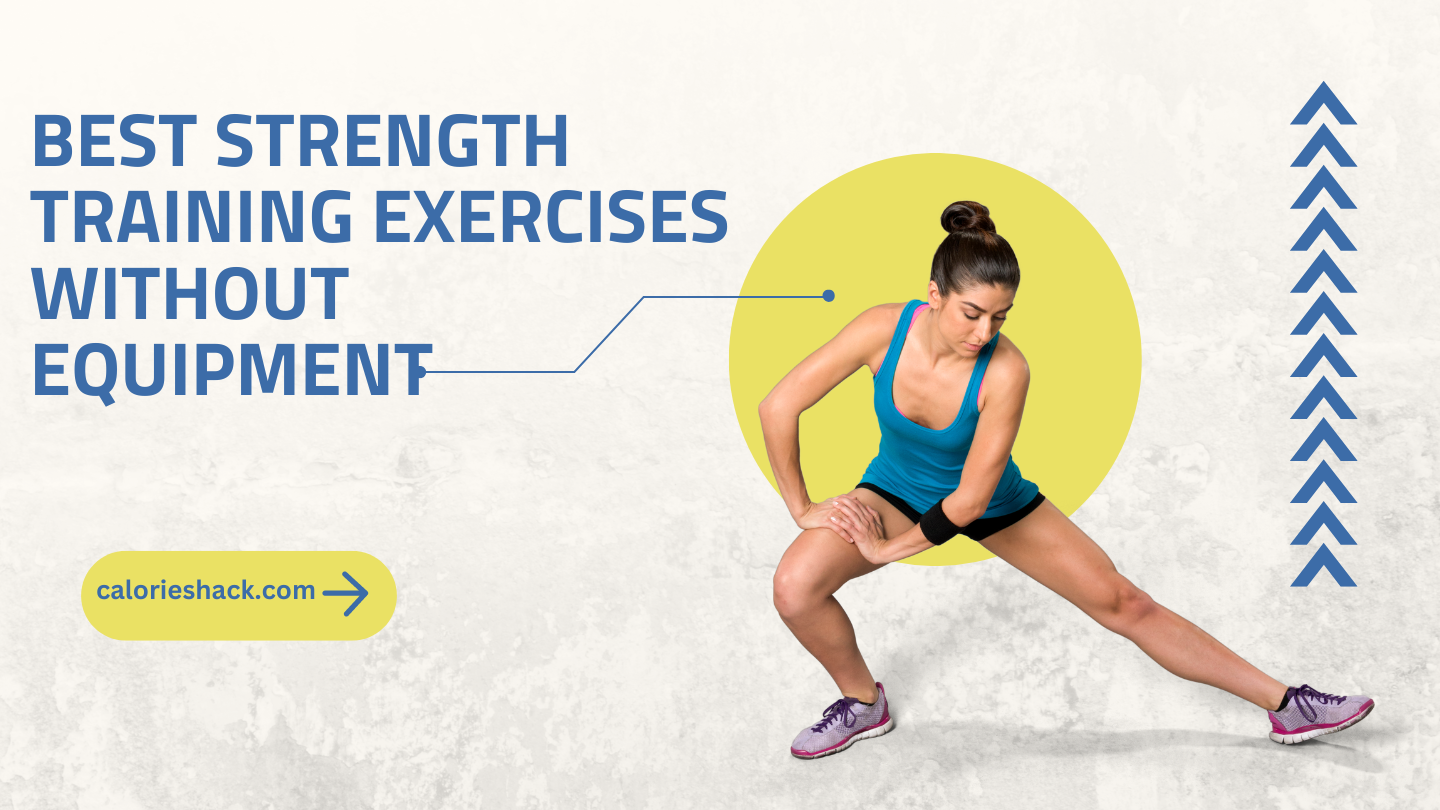Protein is an essential ingredient for muscle development, repair, and maintenance. And if you're physically active especially if you're attempting to gain muscle mass your body may require extra protein for proper protein synthesis (the creation of protein molecules for cells throughout the body) and energy generation.
Drinking protein smoothies during workouts helps satisfy daily protein requirements while reducing calories. However, there is a lot of controversy about the optimal time to drink that protein shake. Should you consume it before, after, or during your workout? To answer these issues, we will look at recent scientific studies and consult with an exercise physiologist and a sports dietitian.
When Is The Best Time To Have A Protein Shake.
Brian Carson, Ph.D., a senior lecturer and researcher in exercise physiology and head of science and innovation for Whole Supp, a plant-based protein shake company in the United Kingdom, says it's important to consider the type of workout and why you're working out in the first place when deciding which foods to consume around that workout. "With protein, the goal is to stimulate muscle protein synthesis to maximize muscle growth and strength," he continues, noting that much older studies frequently advocates ingesting protein shortly after exercising, which has been demonstrated to promote muscle protein synthesis.
However, current study suggests that consuming a protein shake immediately following exercise may not be as vital as previously assumed. A tiny 2017 research of 21 young males with more than one year of resistance training experience looked at the significance of post-exercise protein supplementation. For ten weeks, one group had 25 grams of protein immediately before physical exercise, whereas the other consumed the same amount of protein afterward. Surprisingly, at the end of the trial, both groups showed comparable muscle growth outcomes. Researchers found that protein consumption should be determined by an individual's desire, tolerance, and availability.
An previous research from 2006 on protein supplementation in elderly males revealed similar findings. After 12 weeks of resistance exercise, there was minimal difference in muscle growth and strength improvements between those who consumed protein before and after training.
Read also:
- 5 Killer Back And Bicep Workouts For Building Muscle
- Strength Training: A Beginner's Guide To Getting Fitness.
- Exercise Routines For Teenage Girls 25 Tips
- Yoga For Beginners: What You Should Know Before Your First
- Quick Fixes For Sore Muscles
Sufficient Daily Protein Intake Is The Most Important Factor.

According to Dr. Carson, the most crucial factors for muscle development and repair are enough daily protein consumption and high protein quality (containing necessary amino acids).
According to Stephanie Hnatiuk, a registered dietician and owner of Stephanie Hnatiuk Performance Nutrition in Winnipeg, Manitoba, individuals who only consume a protein shake after a workout are at a disadvantage compared to those who meet their daily protein requirements.
What Is The Anabolic Window, And Why Does It Matter.
According to Dr. Carson, the anabolic window is a much-debated idea that proposes a limited window of time after exercise when muscle development may be enhanced by consuming macronutrients, mostly protein.
"There's a fallacy that the anabolic window lasts only 30 minutes. "This is not true," says Hnatiuk.
While people who exercise fasted are typically advised to consume protein shortly after their workout to aid in muscle growth and recovery, people who do not exercise fasted may have an even wider protein consumption window—especially because individual factors such as body composition, age, and activity level can all play a role in optimal muscle growth.
Read also: HIIT Workouts In Water May Help People Who Can’t Easily
How Much Protein Do You Need For Exercise.
Currently, the RDA for protein is 0.8 grams per kilogram of body weight. So, a person weighing roughly 63 kilos (139 pounds) should take approximately 50 grams of protein every day.
However, this RDA for protein is the bare minimum required by a sedentary person—not the ideal amount for excellent health, and especially not the amount required by an active person to grow muscle.
Athletes and other active people who want to consume the proper quantity of protein for their desired fitness outcomes could use a protein calculator or consult with a nutritionist or personal trainer to develop more specific objectives. When it comes to general health, the United States Department of Health and Human Services' current dietary guidelines place a greater emphasis on the kind of protein and its nutritional density than on the particular amounts that an individual should take.
If you want to fuel your body and restore your muscles after an exercise, the precise timing of a protein shake appears to be less important than the overall quantity of protein you take each day, as well as the quality of that protein. If you have specific fitness objectives in mind, consult with a licensed dietitian or a certified personal trainer to establish what amount of sports nutrition would best help you reach them.
Read also: Healthy Eating For Beginners: Eating Well Made Easy
The Bottom Line.
Protein is essential for muscle repair and rebuilding during exercise, and many individuals utilize protein smoothies to help with this process. However, evidence reveals that it makes little difference whether you consume a protein shake before or after your workout. Interestingly, your overall daily protein consumption is more important.
While protein drinks are beneficial during exercises and between meals, make sure you receive plenty throughout the day. Both meals and supplements can help you achieve your goals.
For healthy persons, taking protein shakes while maintaining a high protein diet has little or no health hazards.
FAQ's
Are high protein diets safe?
However, shakes are not intended to replace meals. They are best used between meals or, if preferred, during workouts. Many people are concerned that using protein supplements in addition to a high-protein diet would impair their health.
How to meet your protein target?
Both animal and plant-based meals include protein, which can help you reach your daily protein need. Meat, poultry, dairy, and fish are excellent animal protein sources, whereas nuts, beans, legumes, and soy-based products are excellent plant protein sources.
Daily protein intake may be more important?
When it comes to increasing muscle and strength growth, evidence on the value of protein consumption during exercises is divided. Some study has questioned whether ingesting protein around your workout is actually vital. A few studies say it's useful, while other study reveals no benefit.









